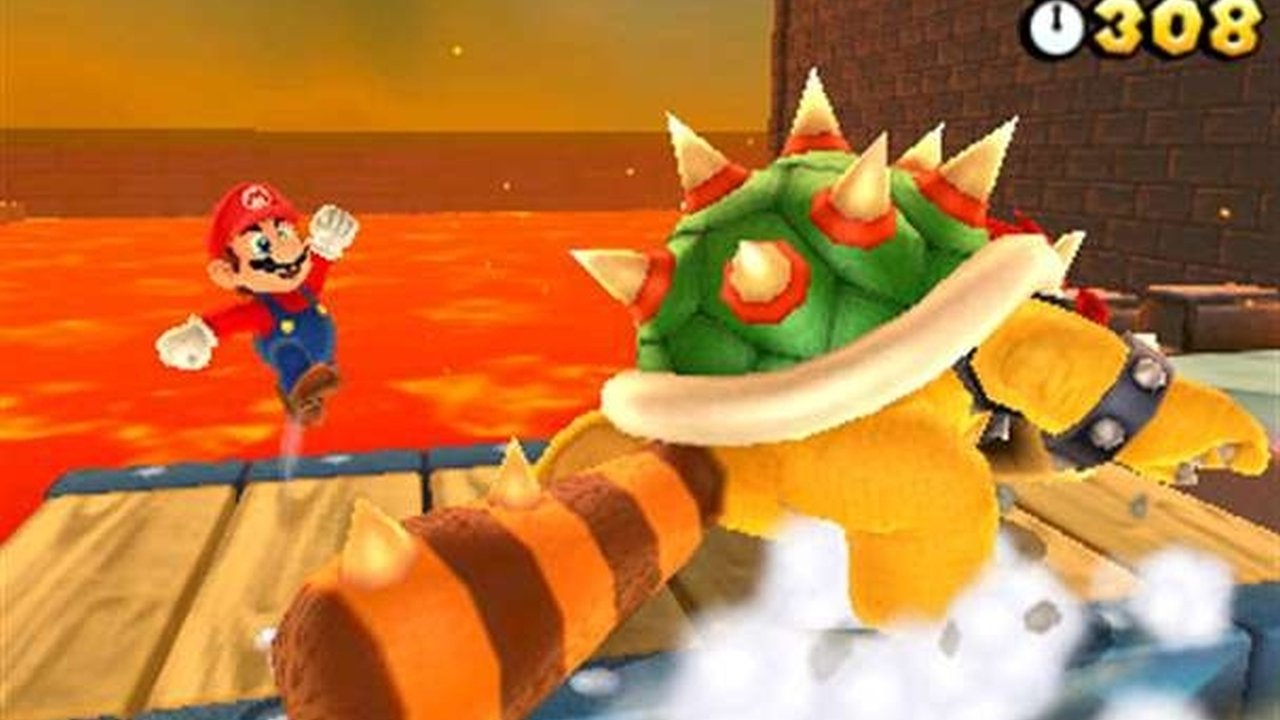One of the most powerful sensations a person can experience is nostalgia. That sickly sweet mixture of happiness and melancholy that comes from reflecting on specific moments of our past can just about knock any of us off our feet. A specific song’s melody is capable of transporting us back to the exact moment of a first kiss; the hint of a certain smell can make us feel exactly as we did as a child celebrating a holiday; evoking the memory of a videogame that captured our imaginations when we were young can make us cough up $60 without hardly a thought.
And so, of course, the games industry (just like any part of the entertainment business) will always try to capitalize on nostalgia. Probably the worst perpetrator of this is Nintendo, a company that’s first-party developers frequently demonstrate ingenuity when crafting design mechanics but refuse to ever crawl entirely out of the muck of nostalgia. Nintendo, as a publisher, knows that our formative gaming experiences were shaped, in no small part, by its titles — titles featuring a line-up of characters that include Mario, Zelda, Samus, Donkey Kong and Kirby. Nintendo has banked on the familiarity of this colourful cast and the worlds these people/creatures/pink blobs inhabit to help stay afloat in an industry of ever-changing mascots and notable, system exclusive games. What’s unfortunate is just how shamelessly this is done.
At times, Nintendo has transcended the trappings of their core game franchises by drastically changing how a mascot-centred game plays (the transition from 2D to 3D marked by Super Mario 64 or, say, the decision to transform a beloved sidescoller through the first-person perspective of the Metroid Prime series). But despite a few outliers, the company seems content to focus most of its business model on exploiting the goodwill established through its past efforts. While one of the company’s most notable fall releases, The Legend of Zelda: Skyward Sword has been praised for its high level of polish and implementation of the Wii’s motion controls, it also demonstrates some of Nintendo’s worst tendencies. Skyward Sword, like so many of the company’s key games, refuses to move forward, relying on the nostalgia we feel when hearing the same music, playing as the same character and exploring the same type of dungeons that we have so many times before. While still creating technically stunning games, Nintendo no longer demonstrates any passion and refuses to take any real chances with software (the company’s devotion to a rabidly change-phobic fan base and willingness to constantly re-release classic games for new platforms certainly doesn’t help either).
The lessons taught by Nintendo visionaries like Shigeru Miyamoto are no longer being taken to heart by it present developers. Sure, Miyamoto may step in once in a while to offer guidance, providing interesting new ideas for existing characters or the creation of (usually Nintendo’s only) entirely fresh games, but, without the input of this one extremely talented man, the entire company seems happy to rehash past successes ad nauseum.
On the other side of the coin are games that evoke past times while involving a higher level of creativity. I’m in the midst of reviewing Serious Sam 3: BFE and, though the Sam series doesn’t call back to the characters or settings of any specific franchise, it still trades heavily in nostalgia. But it isn’t manipulative about this. Sam games feel like classic first-person shooters but, alongside paying homage to a tone that many of us are nostalgic for, they also do the legwork of inventing new material to reinvigorate a familiar concept. There’s a way to evoke a nostalgic feeling in players without forcing tired characters and settings into every new release. The Serious Sam series (alongside similarly “original” but nostalgic titles like Super Meat Boy, Cthulu Saves the World and Scott Pilgrim vs. The World: The Game to name just a few) all work to remind us of past games by doing the more difficult task of interpreting and relating the core of beloved game genres rather than just their surface trappings. Though these type of games still indulge our sense of nostalgia in certain ways, they’re at least honest about what they hope to accomplish. And that’s a lot better than abusing one of our most powerful emotions just to make a quick buck.
***
Reid McCarter is a writer, editor and musician living and working in Toronto. He has written for sites and magazines including Kill Screen, The Escapist and C&G Magazine and occasionally updates literature and music blog, sasquatchradio.com.




